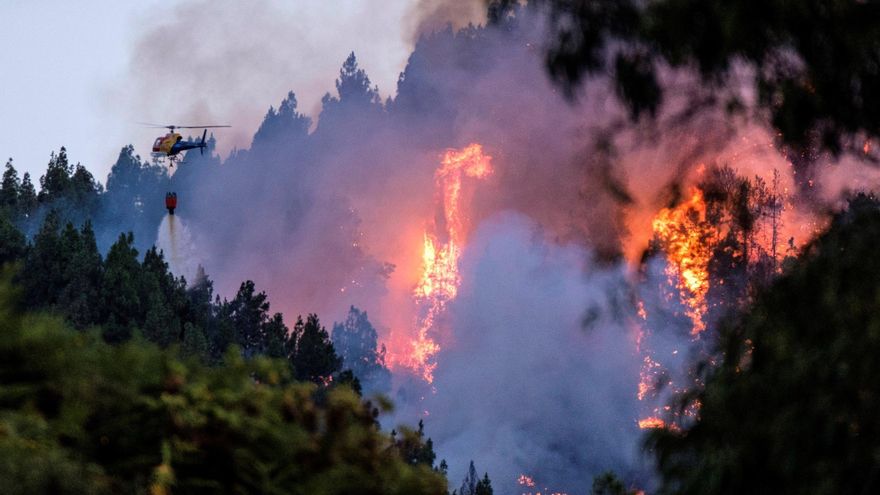A New Safety Net for the Canary Islands
In the Canary Islands, a plane crash, a volcanic eruption, a flood, a tsunami, an earthquake, or a major forest fire can now become an immediate gateway to the ‘Renta Canaria de Ciudadanía’ (Canary Islands Citizenship Income). This financial benefit complements the national Minimum Living Income (IMV) and is aimed at individuals and families in vulnerable situations across the archipelago.
Expedited Access in Times of Crisis
After three years since the law was approved in December 2022, the first regulations for this program have been developed and were made available for public consultation until October 16th. A key innovation is that people affected by catastrophes, terrorist attacks, pandemics, or other serious disasters will have urgent access to the benefit and accompanying social support.
This expedited processing will also apply to severe domestic conflicts, homelessness, gender-based violence, or separations that result in the loss of housing. “In these cases, the Administration can act on its own initiative or based on a social report and activate support without delay,” assures Candelaria Delgado, the Minister of Social Welfare.
Standardizing Support Across the Archipelago
The new regulation, developed with input from social workers from all 88 Canary Island municipalities and the Ministry of Social Welfare team, has mobilized over a hundred professionals, explains Elisabet Santana, the General Director of Social Services and Immigration. The goal is a qualitative leap: not only to speed up access in extreme situations but also to standardize processes across the entire archipelago.
Until now, each town council applied different criteria. The new regulation homogeneously defines the social diagnosis, the personalized care plan, and the social report on all islands, as well as inter-administrative coordination with town councils and other support systems. Candelaria Delgado defends that this rule “organizes and humanizes the gateway to inclusion,” while Elisabet Santana describes it as “a shield to protect our people above all else.”
More Than Just a Monthly Payment
Both officials agree that the Citizenship Income should not be limited to a monthly payment. Instead, it should act as a lever for inclusion and autonomy, creating pathways to employment, housing, health, and education in coordination with other administrations.
Growing Investment and Increased Payouts
The budget for the Canary Islands Citizenship Income has grown significantly, from 50 million euros in 2021 to over 104 million in 2025. This doubling of the investment supports nearly 13,000 households, a figure similar to that recorded at the end of the previous legislative term in mid-2023.
According to Santana, the benefit has not stagnated; there is a constant flow of people entering and leaving the system, and the payout amounts are now higher. The Autonomous Community has aligned the amount with the national Minimum Living Income (IMV). Applicants can request both benefits simultaneously. If the state is slow to grant the IMV, the Canary Islands provides this income until the state aid arrives and, depending on the case, tops up the state amount. Santana indicates that most recipients are receiving the full Canary Islands benefit.
The Archipelago is one of only three autonomous communities in Spain that has increased its investment in minimum income since the IMV was approved in 2020. The minimum income now starts at 658 euros for a single adult, up from 604 euros in 2024, and can reach a maximum of 1,594 euros for a single-parent household with four or more children, compared to 1,462 euros last year.
A Work in Progress
However, the regulatory development of the 2022 law does not end with these measures. This is just one of several pending regulations for a law that faced parliamentary difficulties at birth and remains incomplete three years later. In parallel, the regional government is working on other regulations that will govern supplements for studies, housing assistance, and non-contributory pensions.

